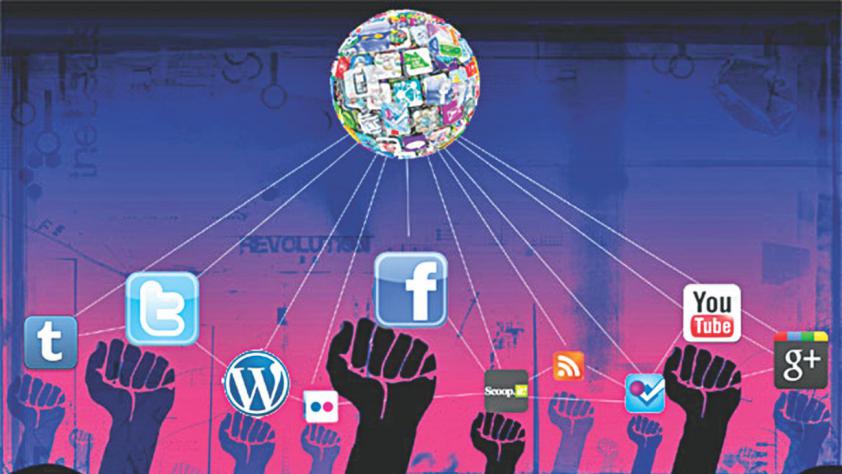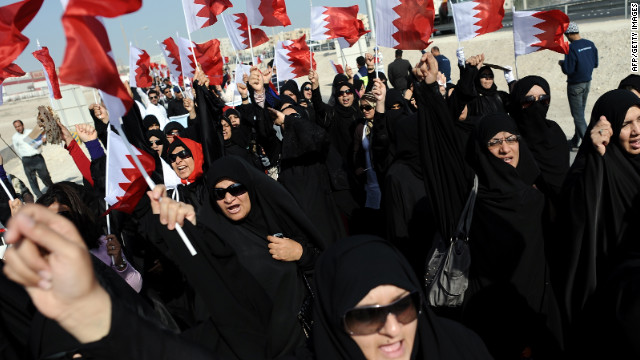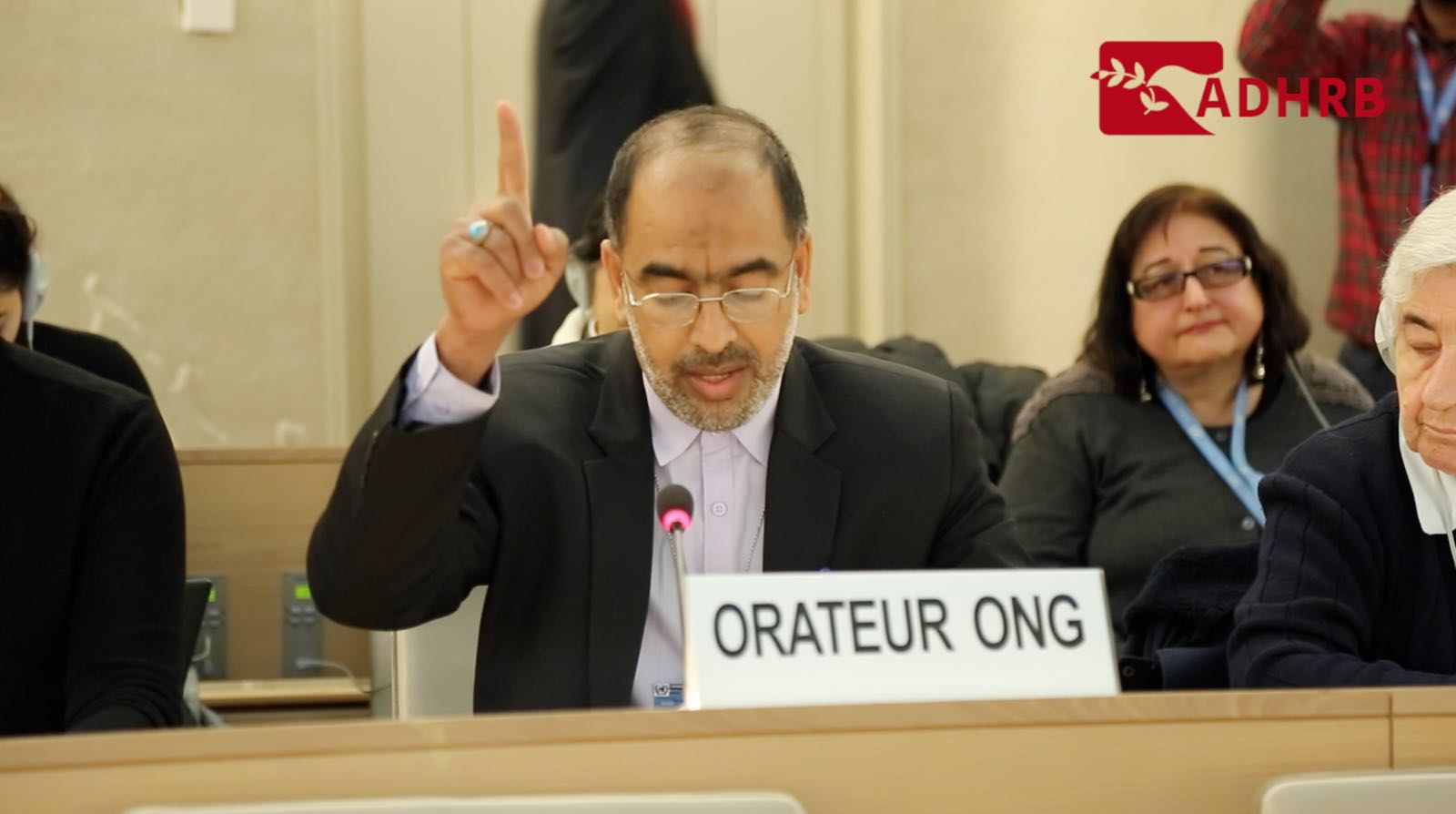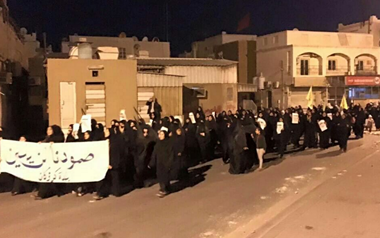Cyberactivists, those who organize, document or participate in political protests and social movements through online communications, played a large role in the Arab Spring uprisings of 2011. The widespread use of social media websites, including Twitter and Facebook, allowed citizens abroad to shed light on the practices of oppressive governments in the Middle East and[…]
When the Arab Spring made its way to Bahrain on 14 February 2011, Bahraini authorities acted quickly to suppress the peaceful protests with violence. They detained, tortured, and killed protesters for exercising their rights to free speech and assembly. The Sunni al-Khalifa government specifically targeted leaders of the political opposition, which mainly consisted of Bahrain’s[…]
On March 7, 2016, at the 31st session of the Human Rights Council, Mr. Ali Ahmed al-Jazeeri delivered an oral intervention on behalf of ADHRB, BIRD, and BCHR during the Item 3 Clustered Debate on Violence Against Children, and the Rights of the Child. Mr. al-Jazeeri addressed the abuses that children face during detention, as well[…]
On February 14, 2016, the fifth anniversary of mass pro-democracy protests in Bahrain, Senator Chris Murphy (D-CT) called on the Government of Bahrain to commit to reviving a national dialogue process to promote tangible reforms in a public statement. He noted that on February 14, 2011, the mass-democracy protests “ended in a bloody crackdown” and[…]
16 February 2016 Sunday, 14 February 2016, marked the fifth anniversary of Bahrain’s peaceful uprising. Bahraini people took to the streets protesting injustice and demanding freedom and democracy. The authorities responded with extensive use of force which resulted in numerous injuries. The Bahrain Center for Human Rights (BCHR), Bahrain Institute for Rights and Democracy (BIRD),[…]
- 1
- 2








